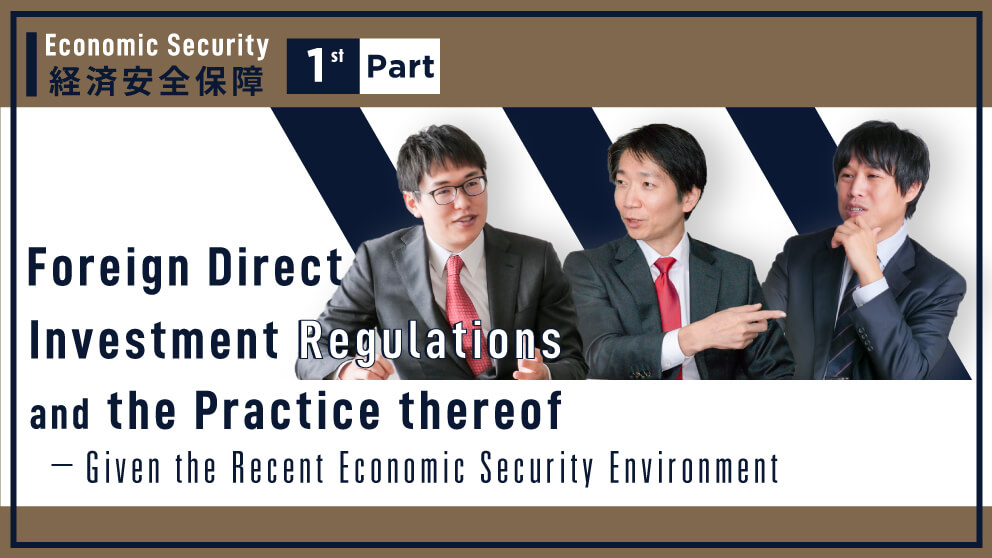

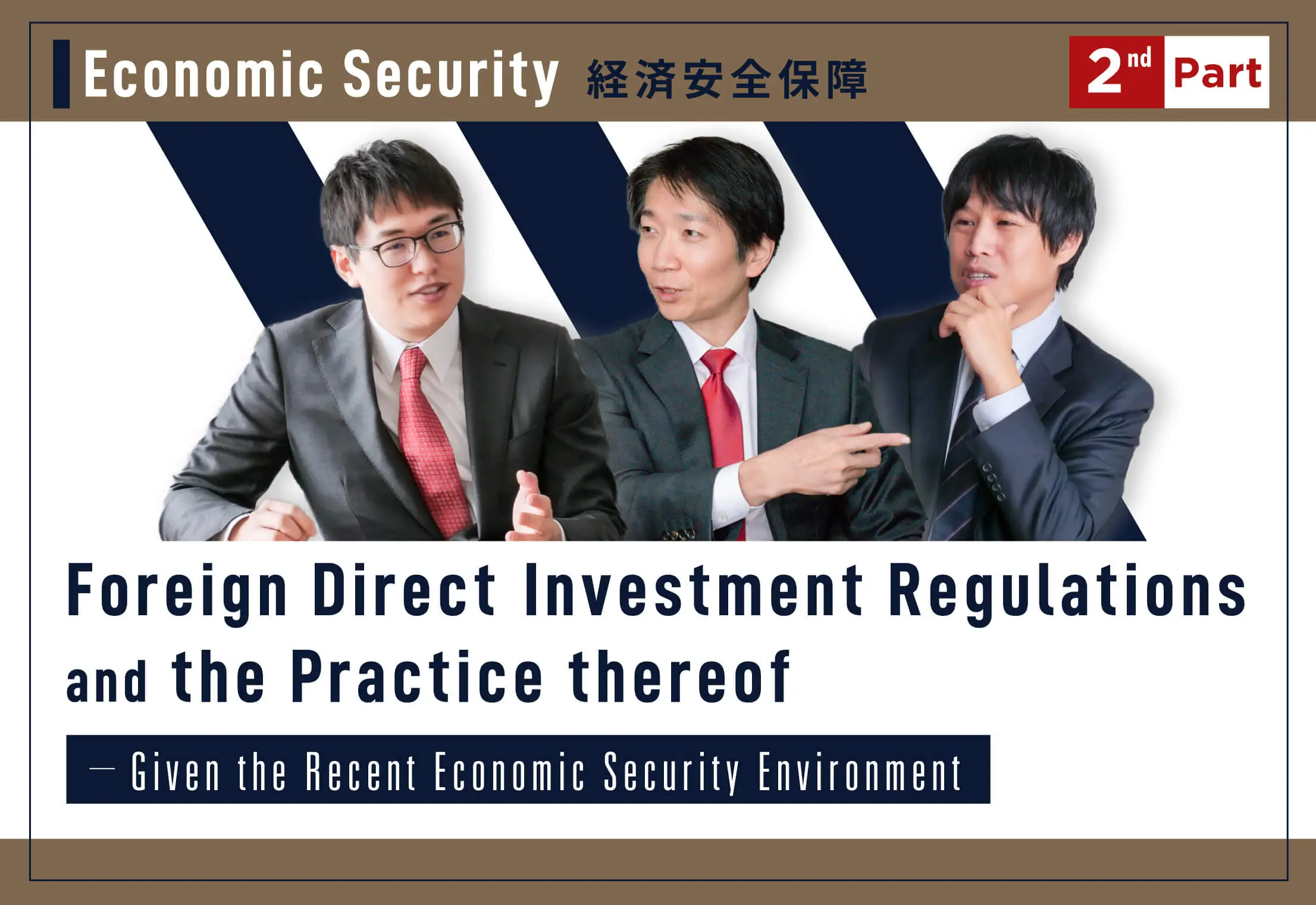


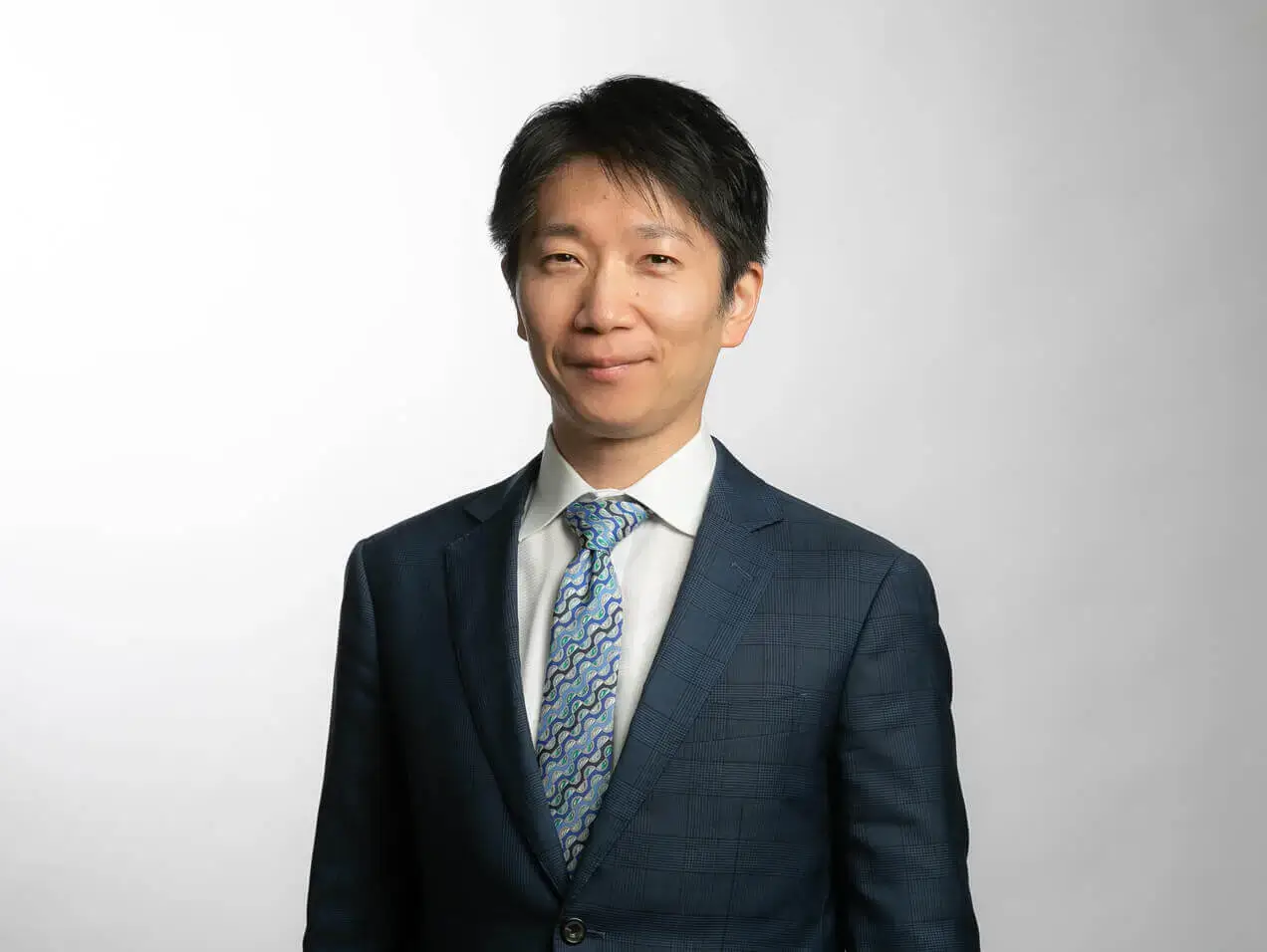
Kosuke Hamaguchi’s practice mainly involves public and private M&A transactions and corporate governance. He also regularly advises clients on corporate crisis management. Based upon his experiences overseas, he represents international companies in numerous cross-border projects. In particular, he is recognized for his expertise in strategic M&A transactions and alliances.
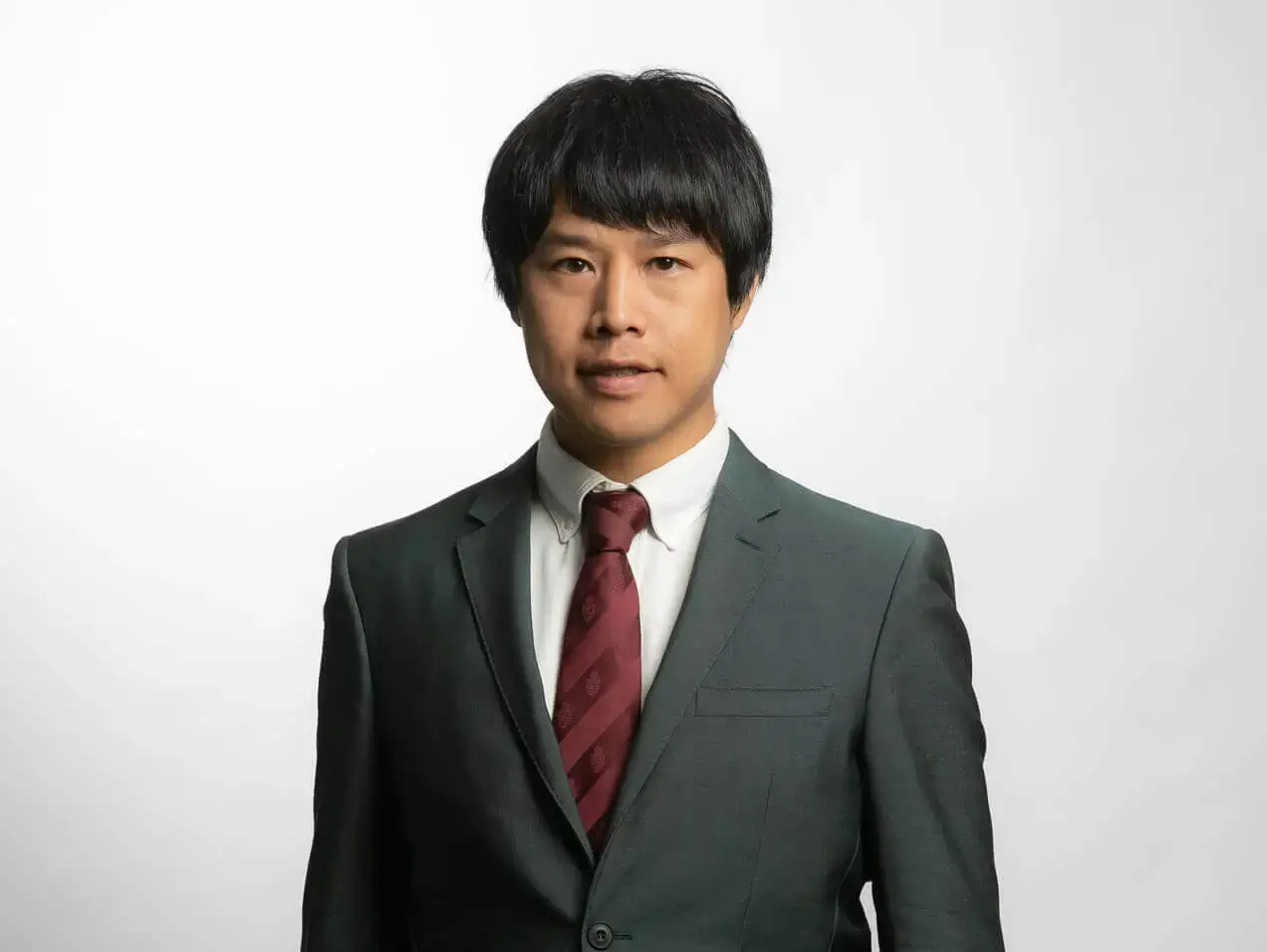
Haseru Roku’s practice focuses on complex cross border activity, including M&A, international trade and economic security related matters. Based on his strong in-bound and out-bound experience as well as his work at top tier law firms in the U.S. and China, his expertise also lies in trade friction, cross-border transactional disputes, and negotiations for acquisitions and joint ventures with companies in the Greater China area (mainland China, Singapore, Hong Kong and Taiwan). He is fluent in Chinese and English in addition to his native Japanese.
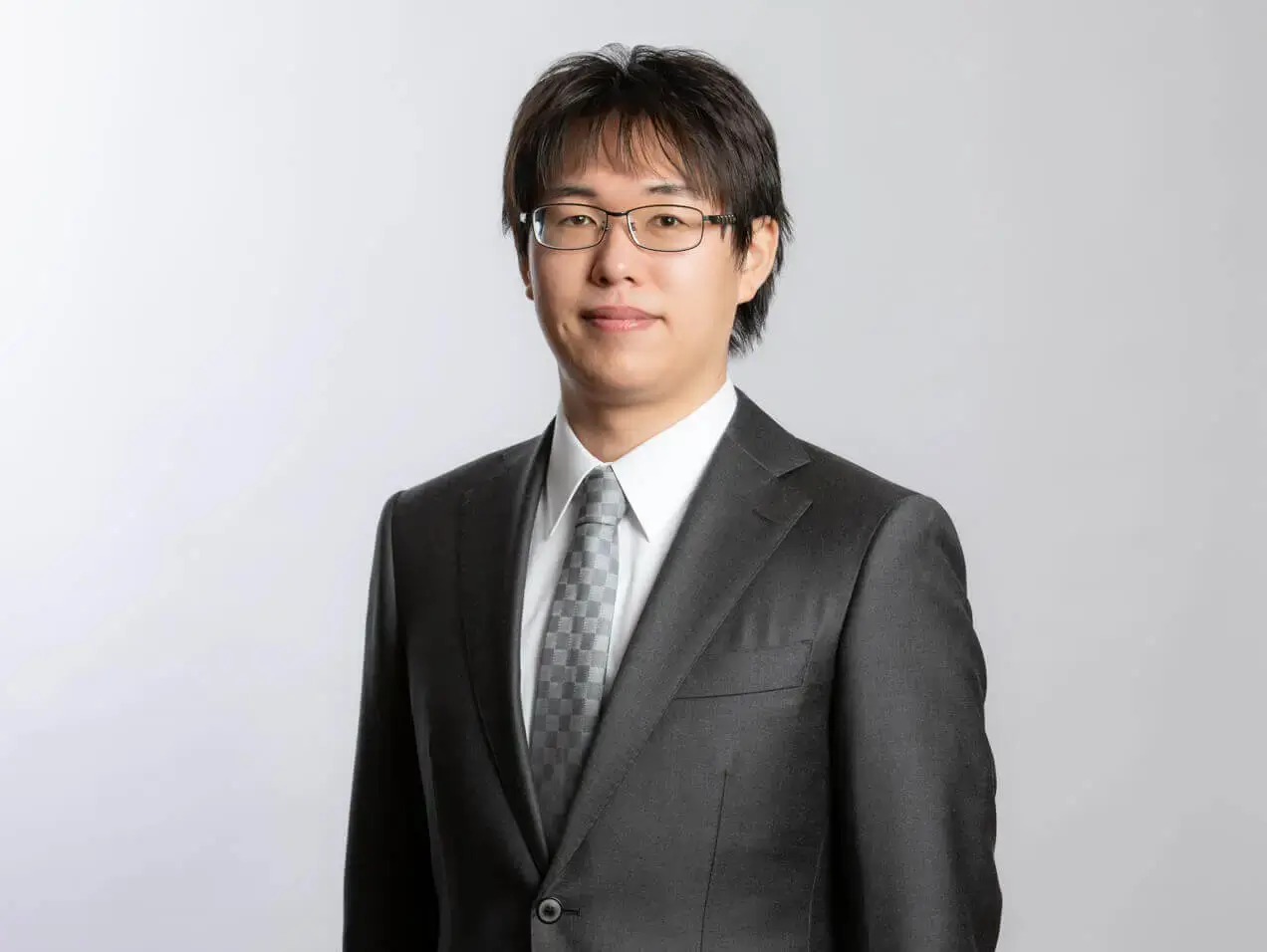
Oki Osawa advises on corporate legal affairs, primarily focusing on M&A and other corporate restructuring and general corporate matters. He was seconded to the Ministry of Economy, Trade and Industry (among others, the Security Trade Control Policy Division; International Investment Control Office; and Minister’s Secretariat (Economic Security)) and engaged in work related to economic security, including policymaking and the operation and enforcement of the foreign direct investment regulations under the Foreign Exchange and Foreign Trade Act (FEFTA).
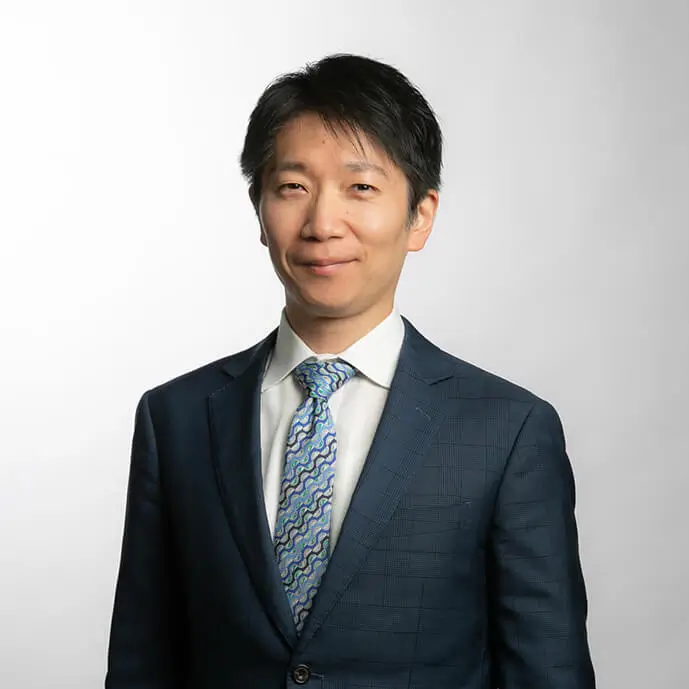
Hamaguchi

Roku

Osawa

Hamaguchi

Osawa

Roku

Osawa

Roku

Osawa

Roku

Osawa

Hamaguchi

Osawa

Roku

Osawa
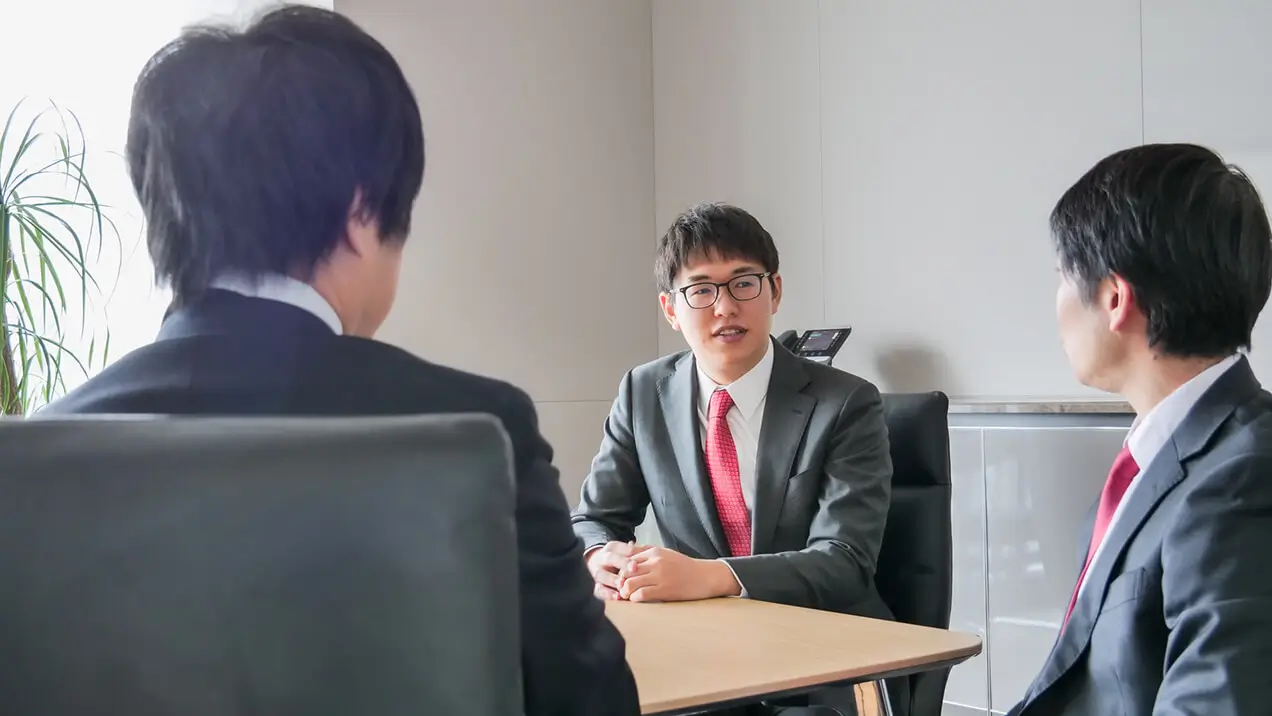

Roku

Osawa

Roku

Osawa
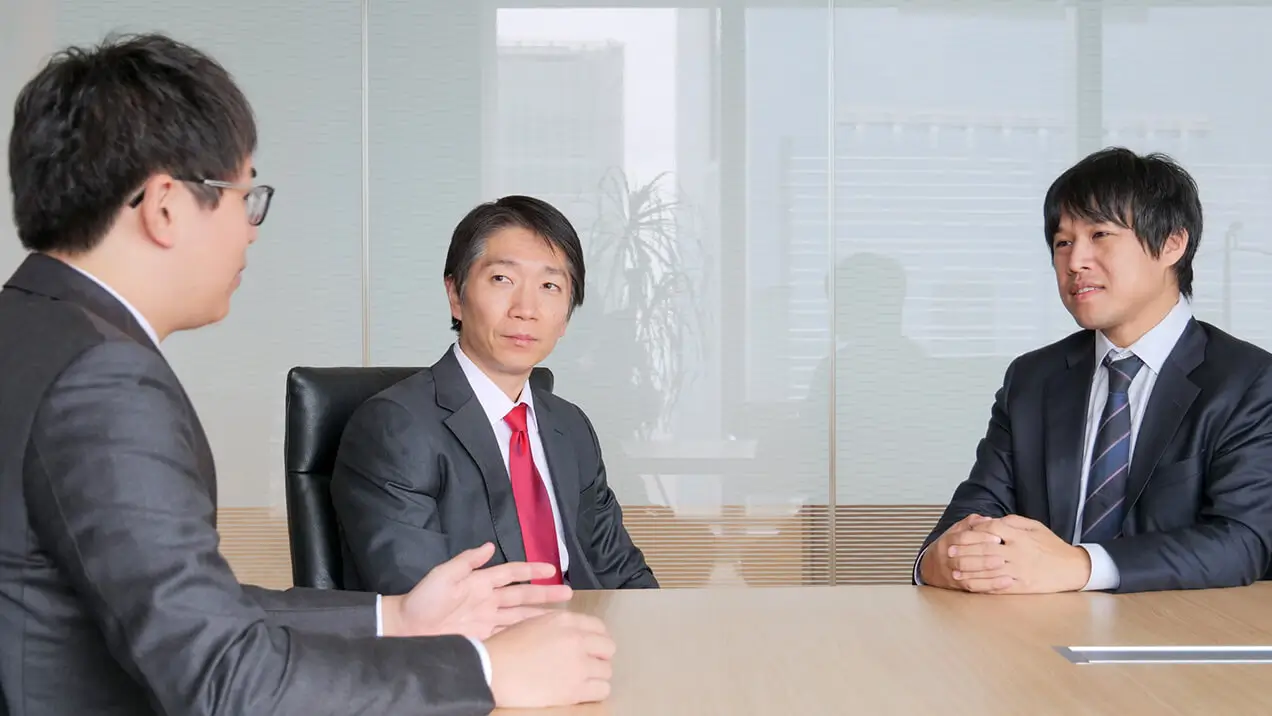

Hamaguchi

Osawa

Hamaguchi

Osawa

Hamaguchi

Osawa

Hamaguchi
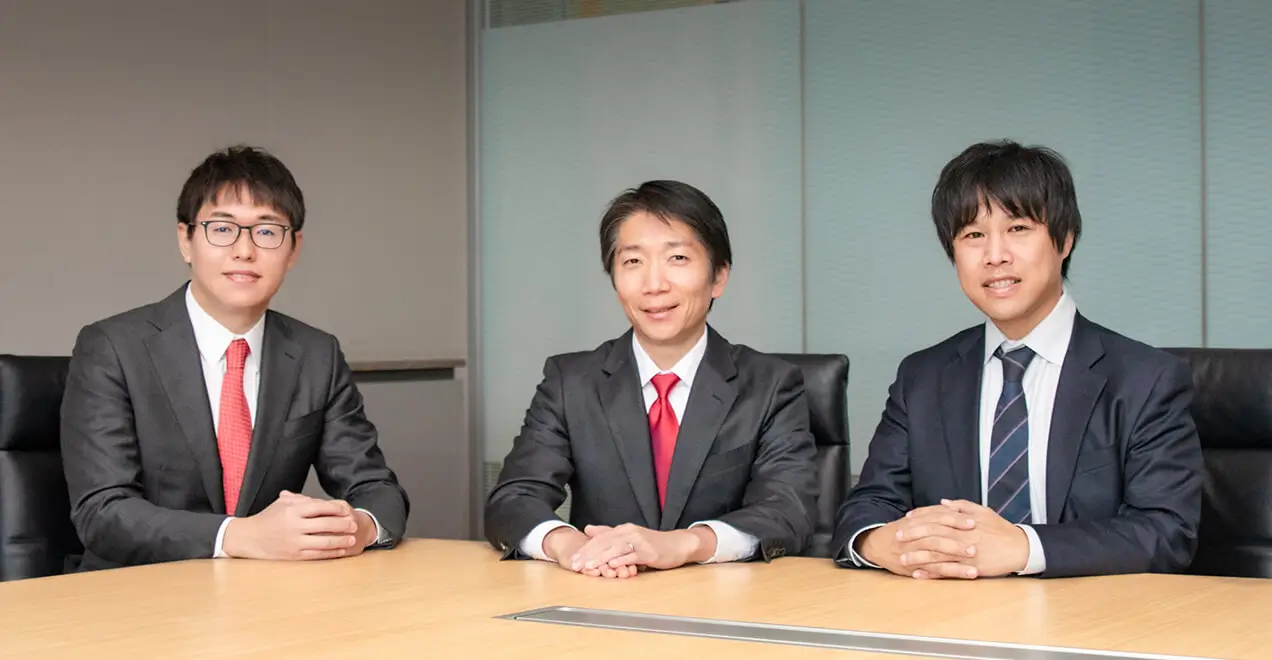
※1
Oki Osawa「Receiving Foreign Capital and Economic Security (Part 1) – What Japanese Companies Are Required to Consider –」 Junkan Shojihomu No.2313 (December 15, 2022)
※2
Oki Osawa「Investment Control by the Ministry of Economy, Trade and Industry under the Foreign Exchange and Foreign Trade Act and Relevant Practical Issues」 Junkan Shojihomu No.2294 (May 5・15, 2022)
This roundtable discussion is intended to provide brief general information for your reference only and does not constitute legal advice from the firm. The opinions expressed are the personal views of the authors and do not represent the views of the firm. Due to the nature of the information being general information, the citation of the text and sources of laws and regulations may be intentionally omitted. Please always consult a lawyer on issues relating to individual specific cases.